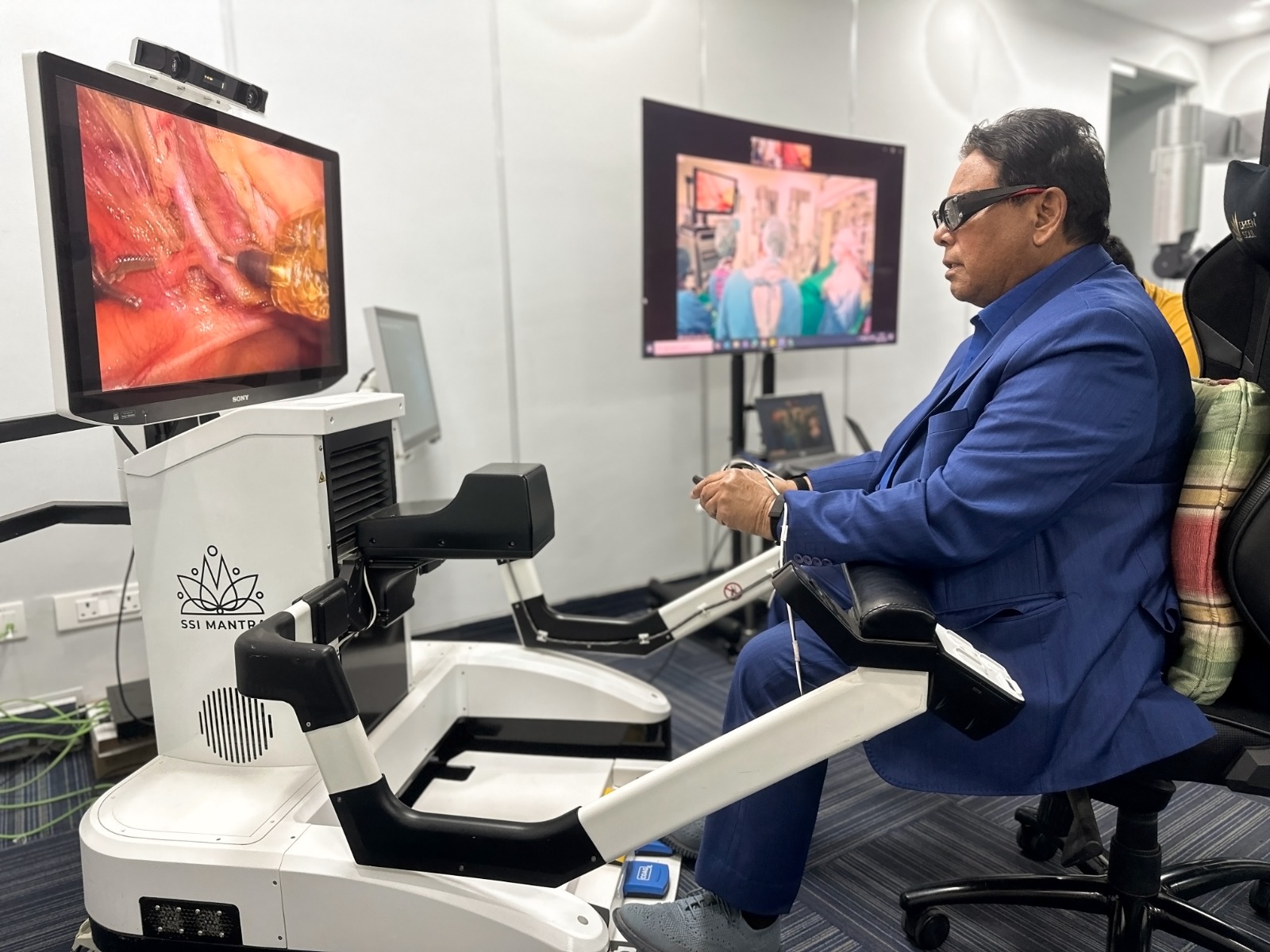
The Central Drugs Standard Control Organisation’s (CDSCO’s) draft rules for re-classification of medical devices based on their risk profile has received wide support from the industry, as it will allow cetralaised, faster approval of high-risk equipment. The classification of medical devices are done at the state and central level based on the risk profile of the devices. For instance, the manufacturing of class A and B devices, which have lower risks involved, are cleared by the state governments. The production of class C and D devices are cleared by central agency CDSCO.
Prior to this draft, the classification of the devices were left to the discretion of the state governments, especially in cases of new non-classified devices. “In some cases, the companies have to face issues with state governments because their interpretation of the risk were different from the device manufacturers. Now, that ambiguity has been addressed to a large extent. It would reduce the delays in new product launches,” said head of medical device association, on condition of anonymity.
Experts said that the classification would be more beneficial for manufacturers than importers because the importers are already taking approval from CDSCO – where they have “strong inroads – for all kinds of devices.
Rajiv Nath, forum coordinator at association of Indian medical device industry (AiMeD) said that there’s an urgent need to create awareness about this classification. “We urge constant conferences and meetings with stakeholders to bring clarity for regulatory compliance needs and alignment as we find huge variances of interpretation of medical device rules between various state and central government regulators as manufacturers wade through a daunting maze of lengthy regulatory approval hurdles so that regulatory approvals can be expedited,” he said.
Experts said that there’s a need to constantly update the list so that its purpose doesn’t get defeated. For instance, if a product classification is not known, the manufacturer would not be able to submit its applications, and it will cause delays till the CDSCO is approached, and informed about the classification based on other jurisdictions like the US, EU or Singapore.






